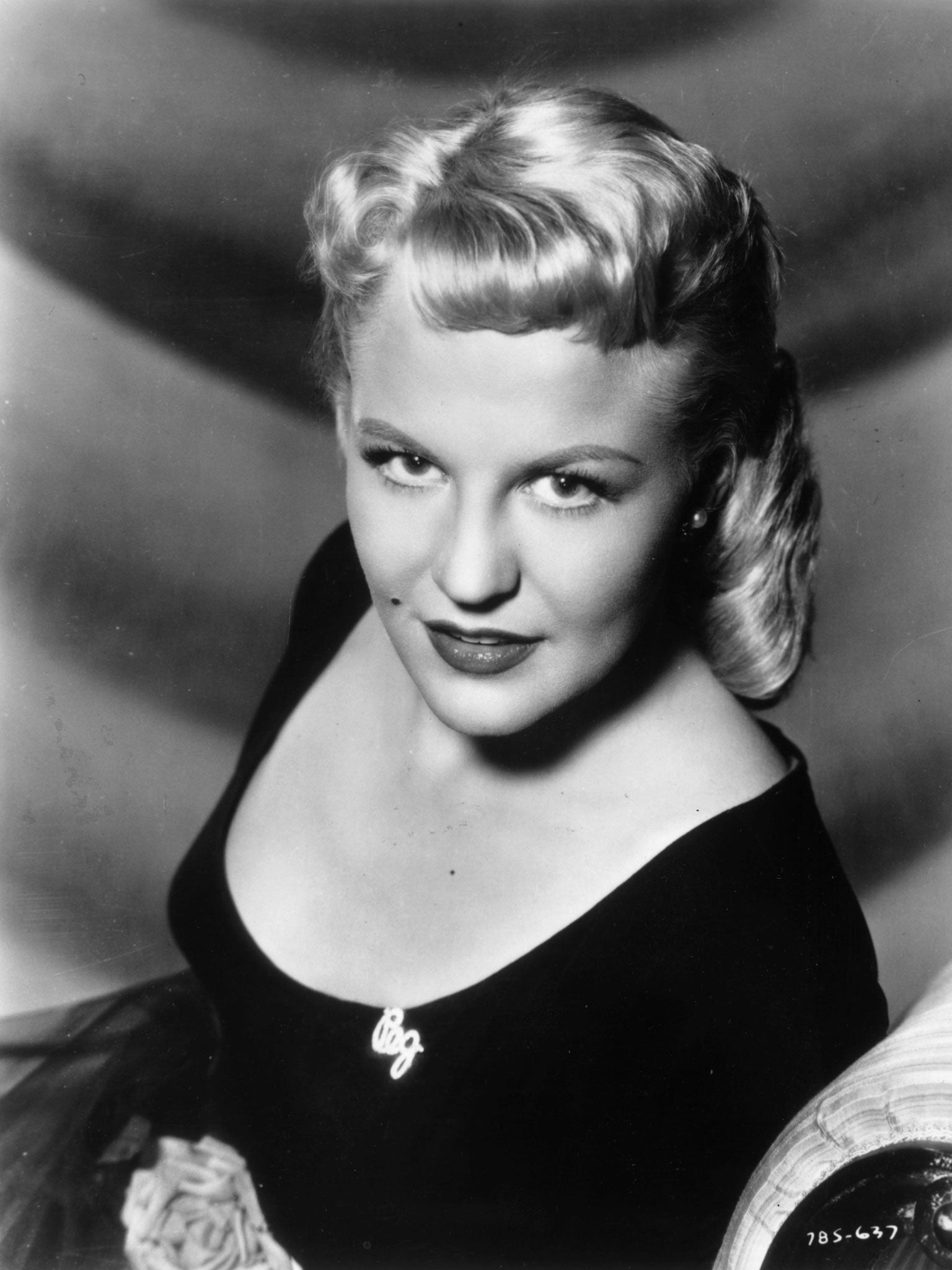Radio review: World Have Your Say/Outlook - Here’s a word to the wise: if in doubt, ask Peggy

There's something deeply unsavoury about the celebration of a death, whoever the person is. You probably read about the murder last weekend of the former US Navy Seal sniper Chris Kyle, shot dead at a firing range in Texas by another war veteran, who appears to be suffering post-traumatic stress disorder. Whatever you think of the war in Iraq, it's clear Kyle acquitted his duties with courage and a genuine sense that he was doing the right thing.
So it was disturbing to hear some of the reactions in World Have Your Say. "Chris Kyle was an American terrorist," one listener tweeted. Thankfully, the rest of the programme was taken up by a discussion between soldiers about PTSD. One, who'd commanded men in Kabul, estimated that about half went home with "serious emotional problems", which was also slightly shocking.
The programme's producer, Stephanie Hegarty, had spoken to Kyle and found him to be level-headed and self-deprecating, an impression borne out by another interview, rerun on Outlook. Matthew Bannister asked him about his record 2,100-yard kill, when Kyle took out a man ready to fire on some of his comrades: "It was a feeling of disbelief," he said. "That was the luckiest shot ever."
The programmes were a fitting tribute to a brave and thoughtful man.
Soul Music, which explores pieces of music with a particular emotional heft, is into its 15th series, which began with Leiber and Stoller's existential classic "Is That All There Is?", made famous by Peggy Lee's haunting rendition. It would appear to be a paean to disillusionment (the title of the Thomas Mann story that inspired it, in fact), but as the programme demonstrated, it's really an injunction to keep plugging away at life.
Joseph Simone, a paediatric oncologist, talked about his work in the 1950s, when most of his young patients died. "I used that song as a way of saying that's not all there is – if we don't have hope in oncology we don't have hope in anything." Many colleagues fell away, unable to take all those early deaths, but he carried on. "I've been grateful to the song for making me take that dive into my soul and decide how I was going to view life." What was that about the potency of cheap music?
Subscribe to Independent Premium to bookmark this article
Want to bookmark your favourite articles and stories to read or reference later? Start your Independent Premium subscription today.

Join our commenting forum
Join thought-provoking conversations, follow other Independent readers and see their replies